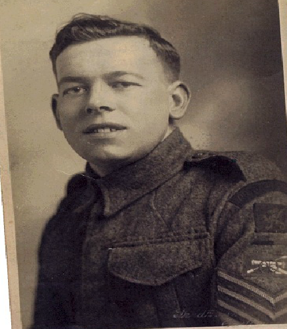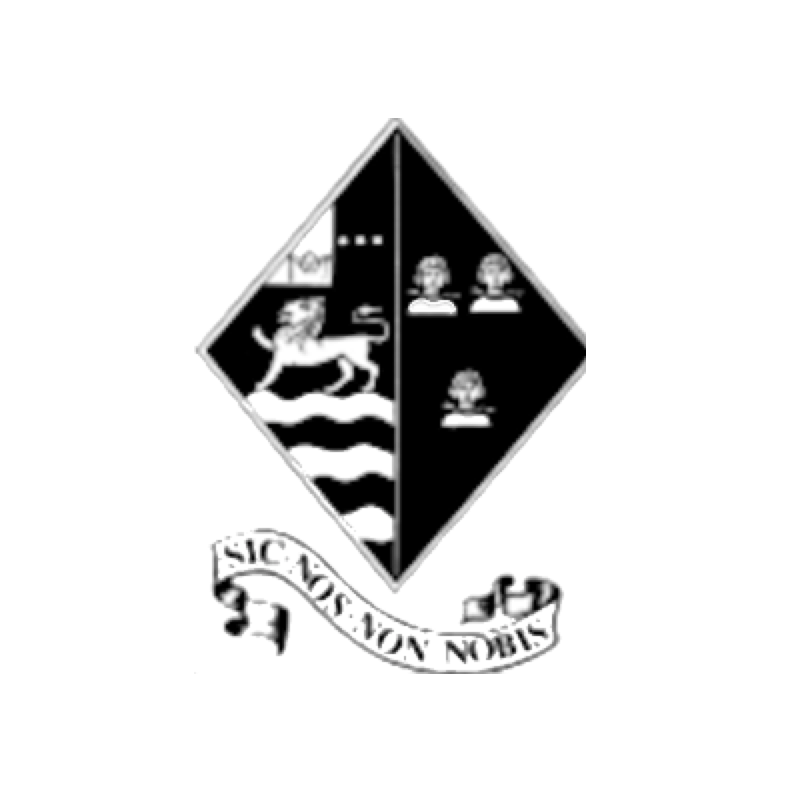Albert Figg
Albert was born in 1920 in Chiselden. In Febuary 1939 at the age of 18, and with the prospect of war looming, Albert joined the Royal Artillery T A in Swindon, Wiltshire. Albert became a sergeant with 112 Field Regiment, Royal Artillery who formed part of the 43rd Wessex ‘Wyvern’ Division. The Wessex Division saw a great deal of action between June 1944 and the end of the war.
Albert’s 25 pounder gun supported infantry during the Battle for Hill 112 code-
Since meeting Albert at Oosterbeek Cemetery near Arnhem, the History staff and students at Lady Hawkins’ school have become close friends with Albert and have supported his tireless efforts to commemorate his fallen comrades.
The 43rd Wessex Division suffered very high losses in the fighting on and around Hill 112, south west of Caen in Normandy. Albert was one of the gunners that pounded the German defenders on the hill. As a lasting memorial to his lost comrades, he set up the tank memorial now standing on the hill.
He has visited the battlefields many times with the staff and students of Lady Hawkins’ School and left them with memories that will long remain. The recording of ‘Mother’s Sons’ is Albert’s own poem and he recorded it in Hereford with the support of the school.

